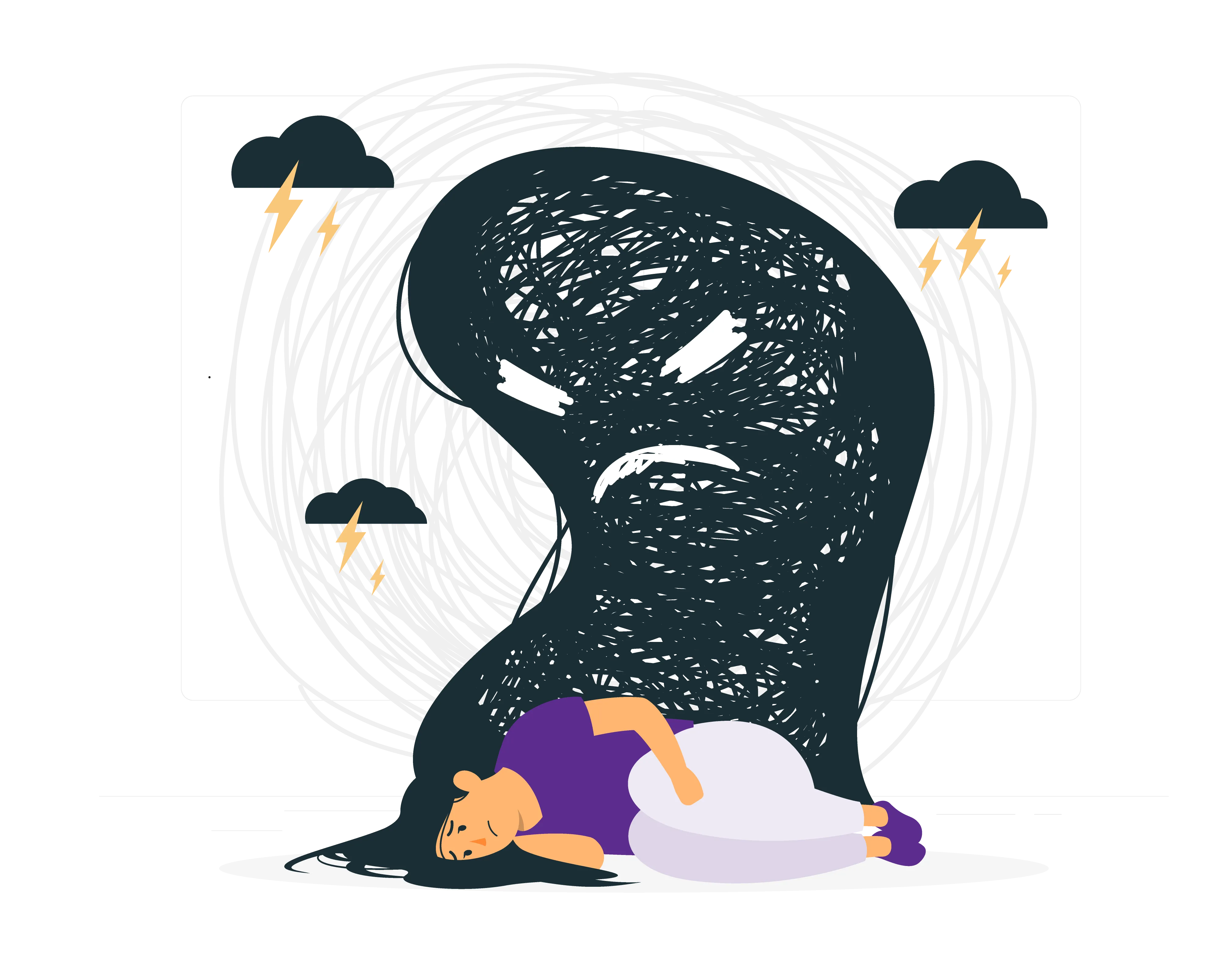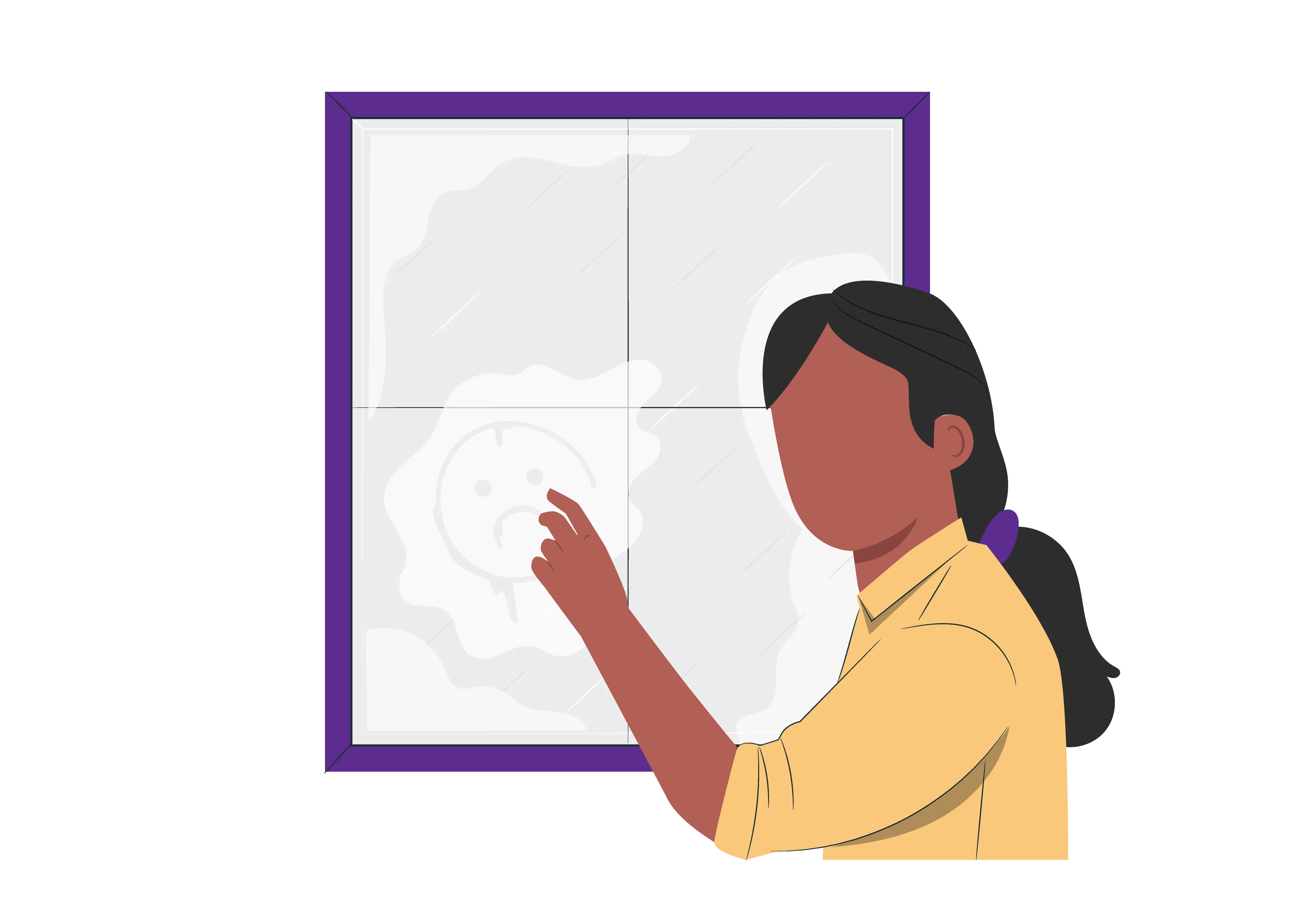Psychiatrist | 4 min read
What is Relapse of Mental Illness and Why Is It Important to Address It?
Medically reviewed by
Table of Content
Key Takeaways
- Stress, alcohol or drug consumption can cause relapse of mental illness
- Study the causes of relapse properly for preventing mental health relapse
- Consult a doctor without delay for preventing relapse of a mental illness
The term relapse means you tend to become worse after showing some improvements. While this term is used for alcohol or substance misuse too, relapse of mental illness is also possible. In such a situation, you may see certain mental illness symptoms reoccur in yourself or your loved ones while on the road to recovery [2]. To understand more about mental illness relapse and its warning signs, read on.
What Does a Relapse of Mental Illness Look Like?
Understanding mental health relapse is essential to be more informed about mental health. When you notice certain symptoms of mental ailments reappearing in your loved ones post recovery, it may be due to a relapse. The pattern of relapse may differ among people. In such cases, you may notice a specific set of symptoms appearing constantly. The severity of these symptoms depends on the type of disorder.
How well you address and treat these symptoms also plays a vital role in cases of mental illness relapse. For instance, if your loved ones had bipolar disorder or schizophrenia, symptoms like mood swings or hallucinations may reoccur. So, you should enlist proper treatment immediately. In this way, the condition is managed better and preventing mental relapse becomes easier.

How Is a Mental Illness Relapse Caused?
There are many factors responsible for the relapse of mental illness. It depends on your treatment and period of recovery. For preventing relapse of a mental illness, you need to understand its cause.
Few Causes That Can Trigger a Relapse Include the Following [3].
- Stress
- Change in the dosage of medicines
- Excessive drug or alcohol consumption
- Avoiding medicines
- Change in medicines
- Hormonal fluctuations
Consult a doctor immediately when you notice behavioral changes in yourself or your loved ones. Take care not to change any medication without consulting the doctor. In case treatment in ongoing, avoid alcohol and drugs. They can interfere with the function of medicines or result in addiction. Most importantly, stay relaxed and understand your self-worth. Know the umpteen benefits medicines and therapies can provide you and stay happy.

What Are the Warning Signs and Symptoms of Mental Illness Relapse?
With awareness of early warning signs, a relapse of mental illness can be avoided. So, heed these important symptoms of mental illness relapse.
Here is a list of some warning signs.
- Irritable behavior
- Irregularities in sleeping patterns
- Inability to relax or concentrate
- Being forgetful
- Staying isolated from everyone
- Body aches
- Changes in appetite
How Can Mental Illness Relapse Be Addressed?
It is important to address mental illness relapse without delay. If your loved one is recovering from depression, a relapse may include the following.
- Feeling detached
- Not being able to concentrate on any activity
- Questioning self-worth
You may also notice that your loved one is not taking medications or consulting a doctor. With awareness, you can help nip such problems in the bud.

To Address a Relapse, Here Are a Few Tips You May Follow.
- Consult a therapist or psychiatrist
- Involve family and friends
- Encourage adoption of self-care techniques<span data-ccp-props="{"134233279":true,"201341983":0,"335559740":276}">
- Practice yoga and meditation together
- Make the person realize their worth and increase their confidence
The best way forward for preventing mental health relapse is to show support to your loved ones. Love and affection can help people recover from a relapse easily. Watch out for the warning signs of mental illness relapse and take action at once. Connect to top psychiatrists on Bajaj Finserv Health. Book an online doctor consultation to address your queries from the comfort of your home. Following this, you can take your loved ones for an in-person consultation. Provide them with the help they need at the right time.
References
- http://ncbi.nlm.nih.gov/pmc/articles/PMC5479084/
- https://www.sciencedirect.com/science/article/pii/S2214139117301063
- https://onlinelibrary.wiley.com/doi/abs/10.1037/0002-9432.74.3.365
Disclaimer
Please note that this article is solely meant for informational purposes and Bajaj Finserv Health Limited (“BFHL”) does not shoulder any responsibility of the views/advice/information expressed/given by the writer/reviewer/originator. This article should not be considered as a substitute for any medical advice, diagnosis or treatment. Always consult with your trusted physician/qualified healthcare professional to evaluate your medical condition. The above article has been reviewed by a qualified doctor and BFHL is not responsible for any damages for any information or services provided by any third party.




